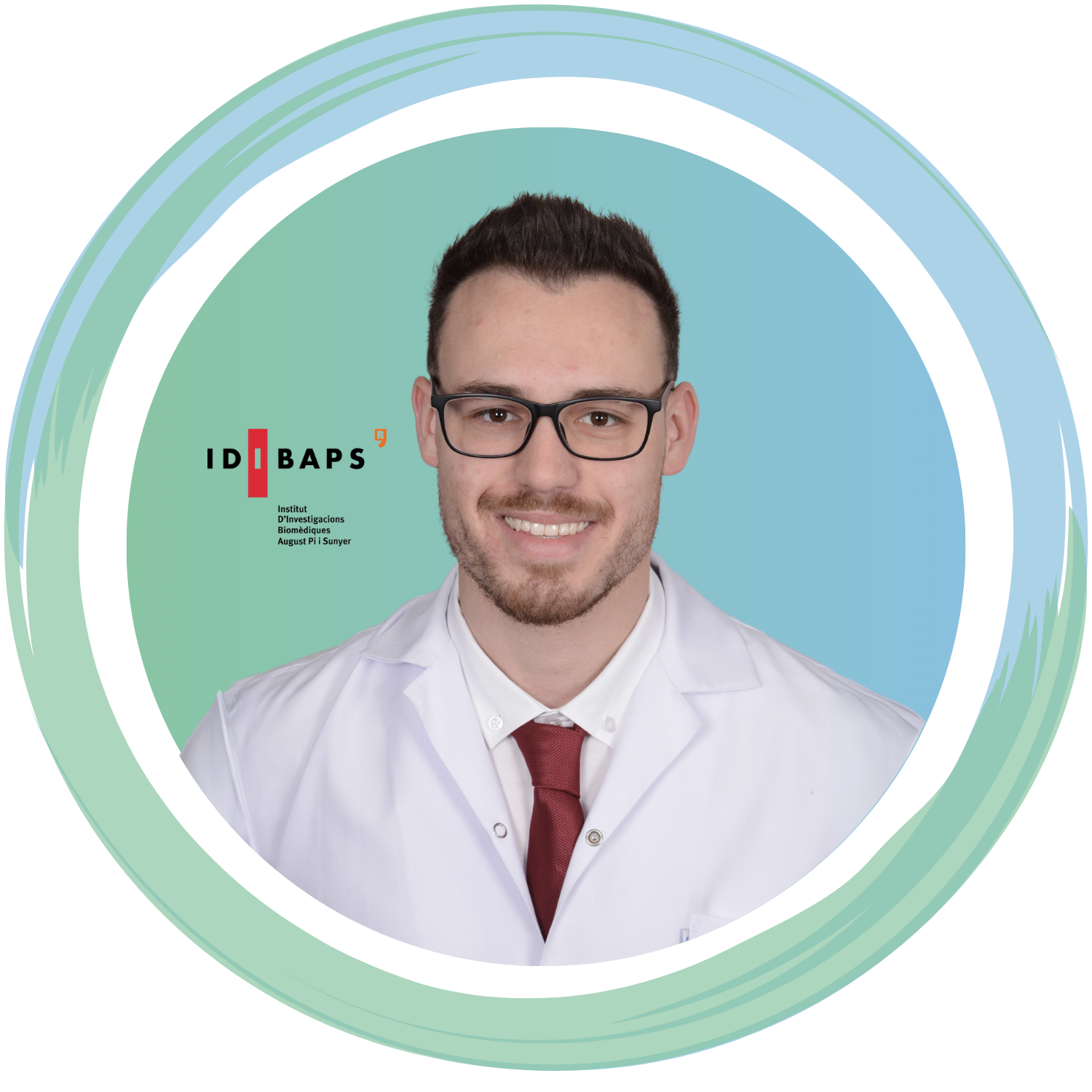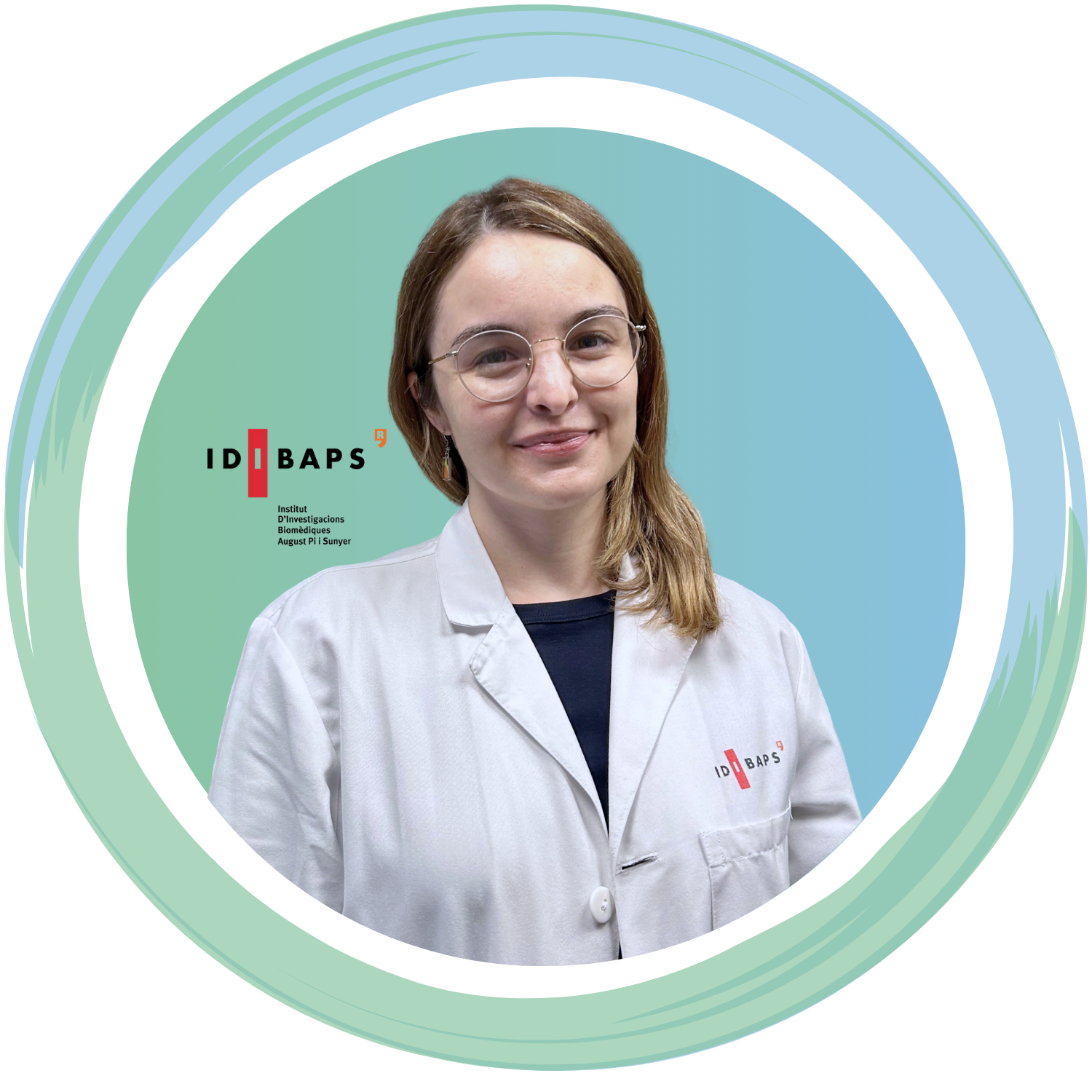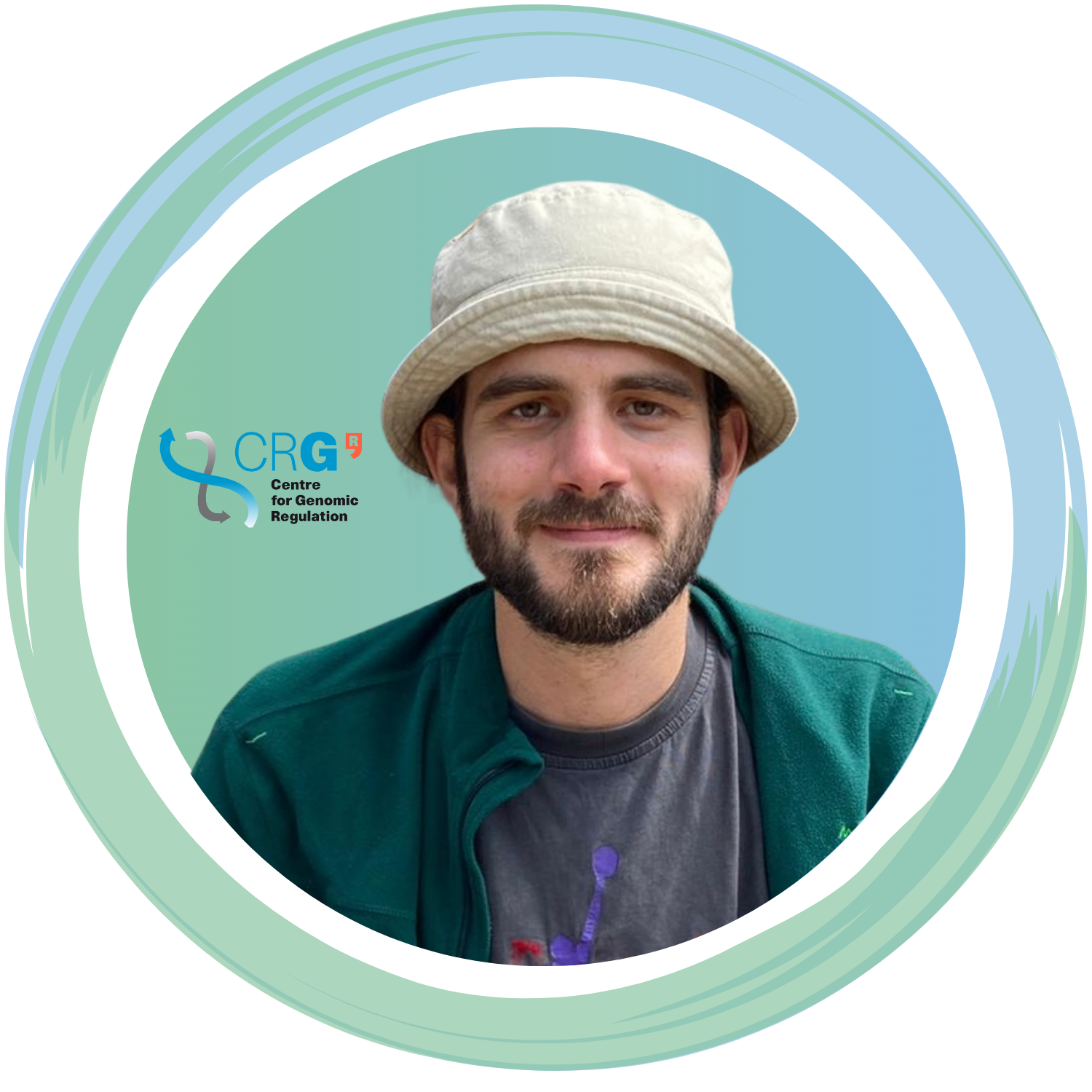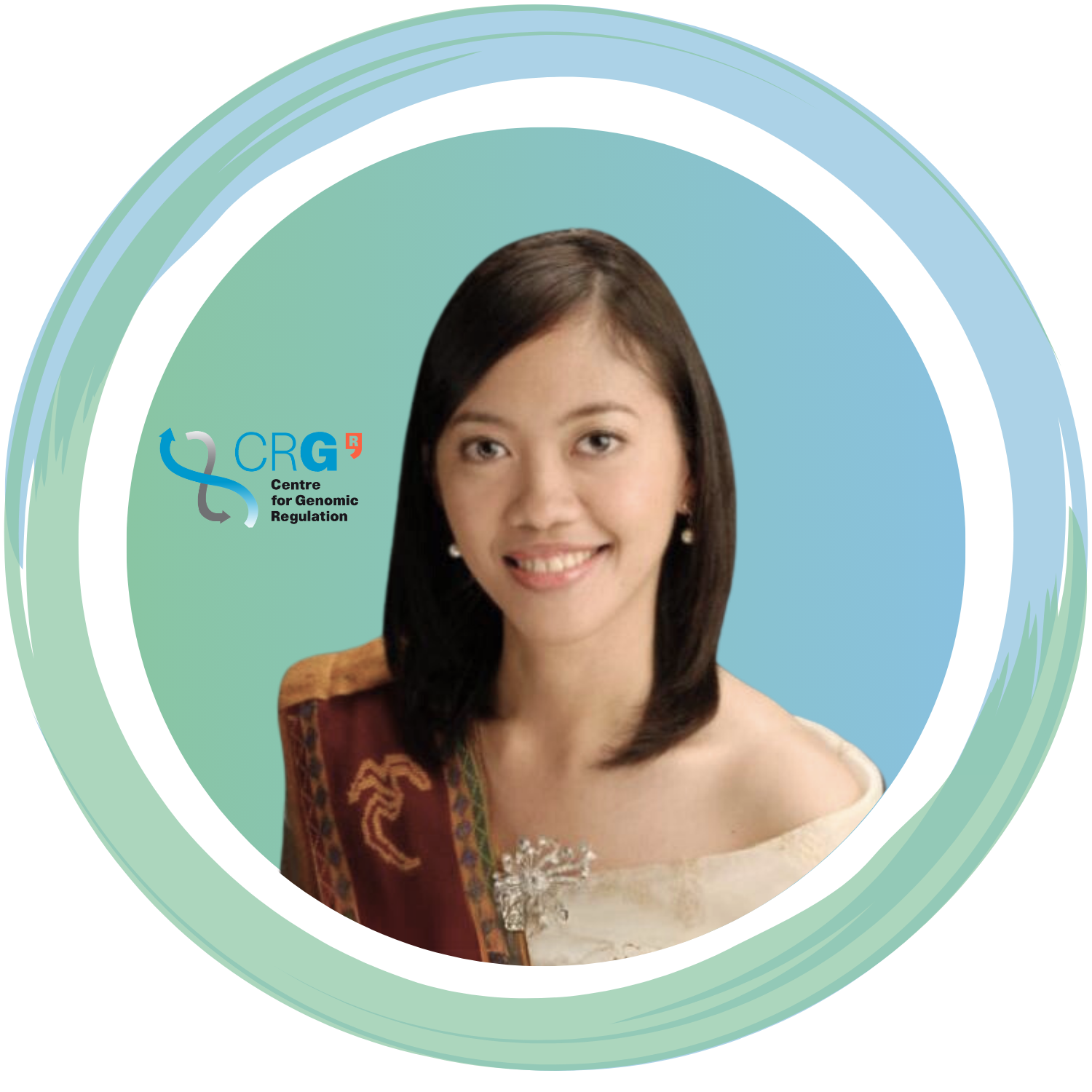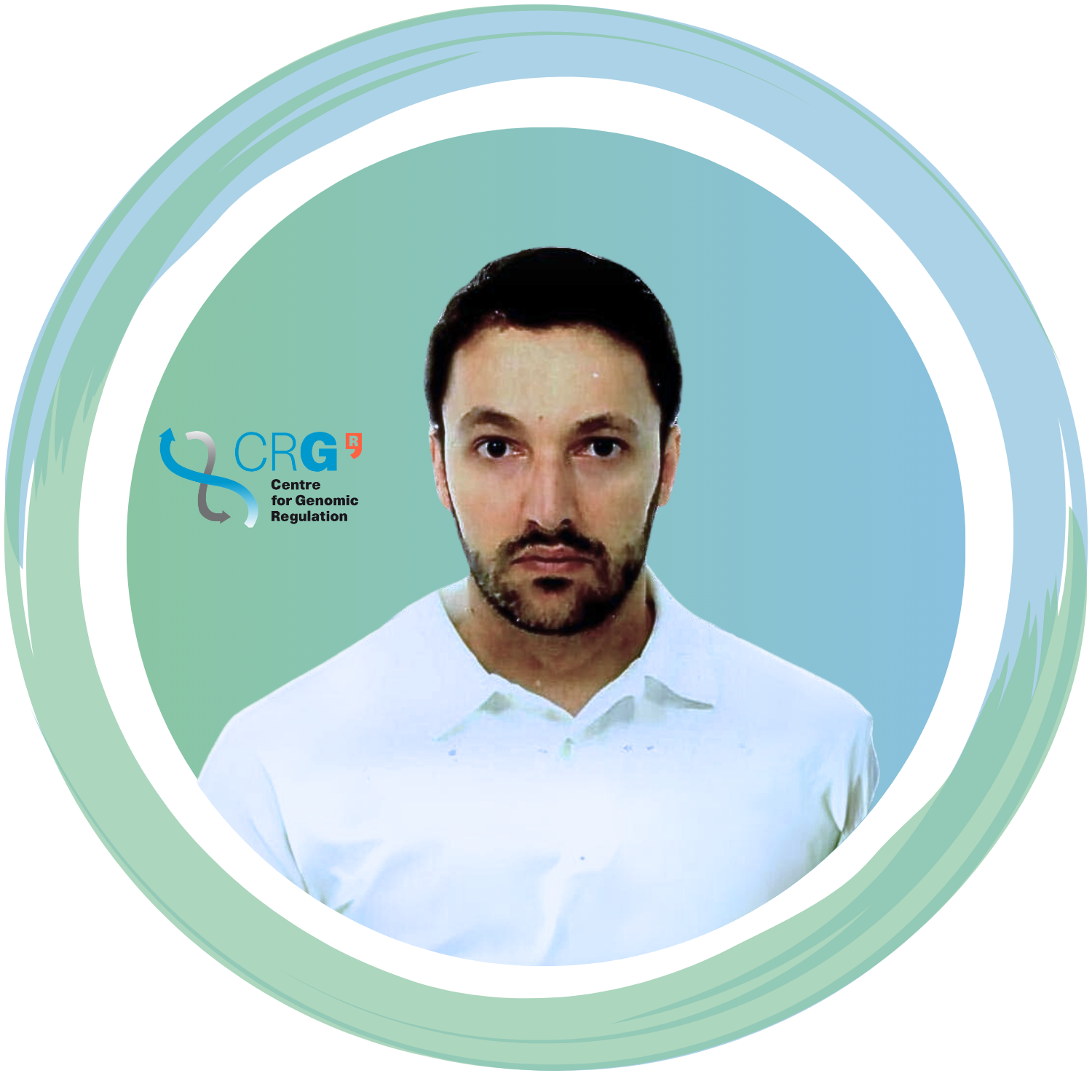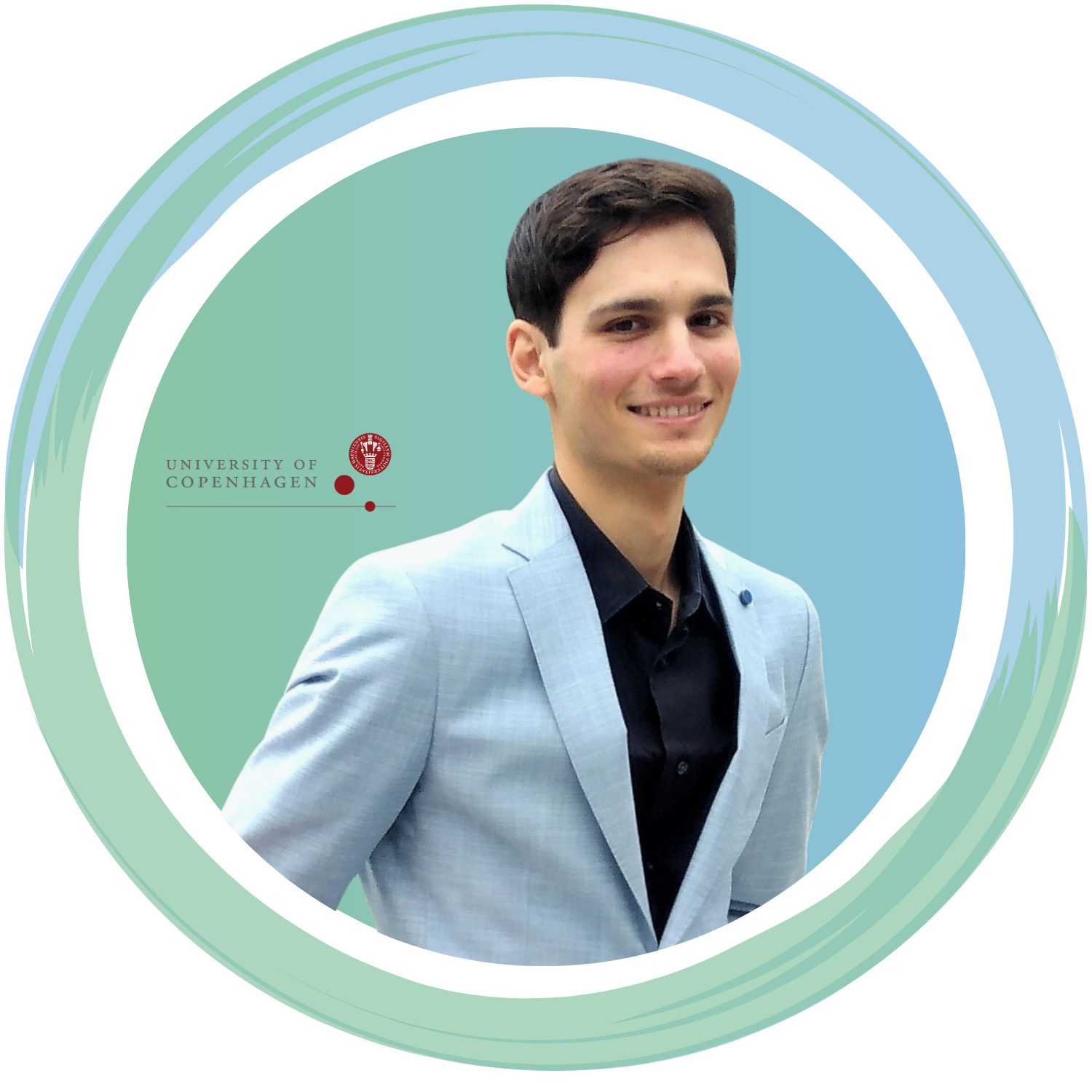The lab: Khodosevich group
Lab's research themes
We study mechanisms that are responsible for neuronal specification, positioning and circuit formation during brain development, and how these mechanisms are impaired in neurodevelopmental disorders, such as schizophrenia, epilepsy, autism and others. In particular, we investigate how genetics and environment shape brain development and determine the vulnerability of neurons to developmental disorders.
Merits of the lab
Strong expertise in high resolution technologies to study developmental mechanisms, including single cell and spatial omics, both wet- and dry-lab, as well as functional techniques for characterization of neuronal cells and circuits during development and maturation.
Why do we want medical doctors?
Our research group has experience with MD candidates and holds close collaborations with the clinic in several research projects.
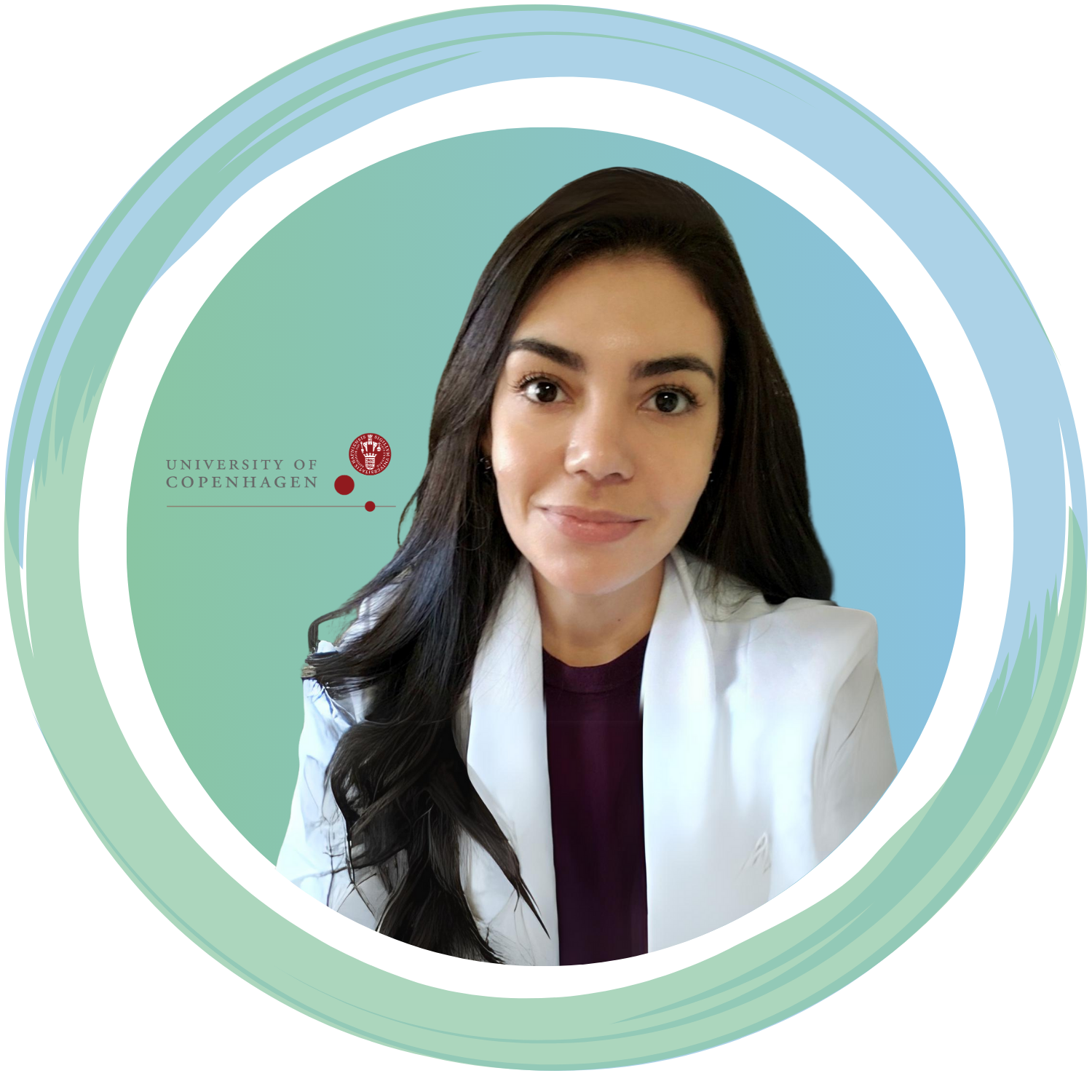
The position
Meet Nathalia!
Biosketch
Nathalia is a Brazilian psychiatrist who recently embarked on an academic career. After completing her specialization and some years of clinical experience working with psychiatric patients, she felt a strong motivation to focus on scientific research. Her journey led her to Portugal, where she validated her medical degree and it was during this time that she discovered the Emerald Programme, which she considered a perfect opportunity for a medical doctor to bridge the gap between clinical practice and laboratory work. Finding a research lab that shared her passion for studying psychiatric disorders felt like a good fit. She aspires to apply her clinical expertise to contribute to the research group, maintaining her commitment to providing the best care for patients. Upon completing her PhD, she plans to continue her work as a psychiatrist, striving to balance clinical practice with ongoing research endeavours.
University awarding the PhD
Nathalia is currently enrolled at Copenhagen University, in the Molecular Mechanisms of Disease (MoMeD) local PhD Programme.
I decided to become a physician because…
Since I was a young child, I have had a natural inclination to care for others and as I grew older, I became deeply fascinated by the idea of possessing the knowledge and skills to alleviate pain and suffering.
But also, I wanted to become a scientist because…
Having worked as a psychiatrist, I found great satisfaction in positively impacting people’s lives. However, within the field, numerous questions remain unanswered, as well as constraints related to medications and their side effects. It led me to believe that I could channel my efforts into making a difference on a broader scale.
What I am working on?
My project is focused on the investigation of how maternal inflammation during pregnancy can affect cortical developmental disorders in the offspring. Using the Influenza virus to analyze the neurodevelopment of the offspring and the maternal immune activation. It is an exciting and challenging work.
Why is this important to me as a medical doctor?
By identifying mechanisms through which prenatal insults disrupt neurodevelopment, we may potentially uncover clues regarding the origins of certain psychiatric disorders. With this understanding, we can contemplate prevention strategies, develop new therapies, and enhance the lives of patients.
Who am I besides a future physician-scientist?
I am passionate about travelling, exploring new cultures, and trying new cuisines. I am also attempting to improve my cooking skills, which occasionally leads to less tasty food 🙂 You can always find me with a good cup of coffee or listening to music. Having my heart split between Brazil and Denmark can be difficult at times when I find myself missing my family and friends, however, it also allows me to properly reflect on the world with such distinct cultures.


